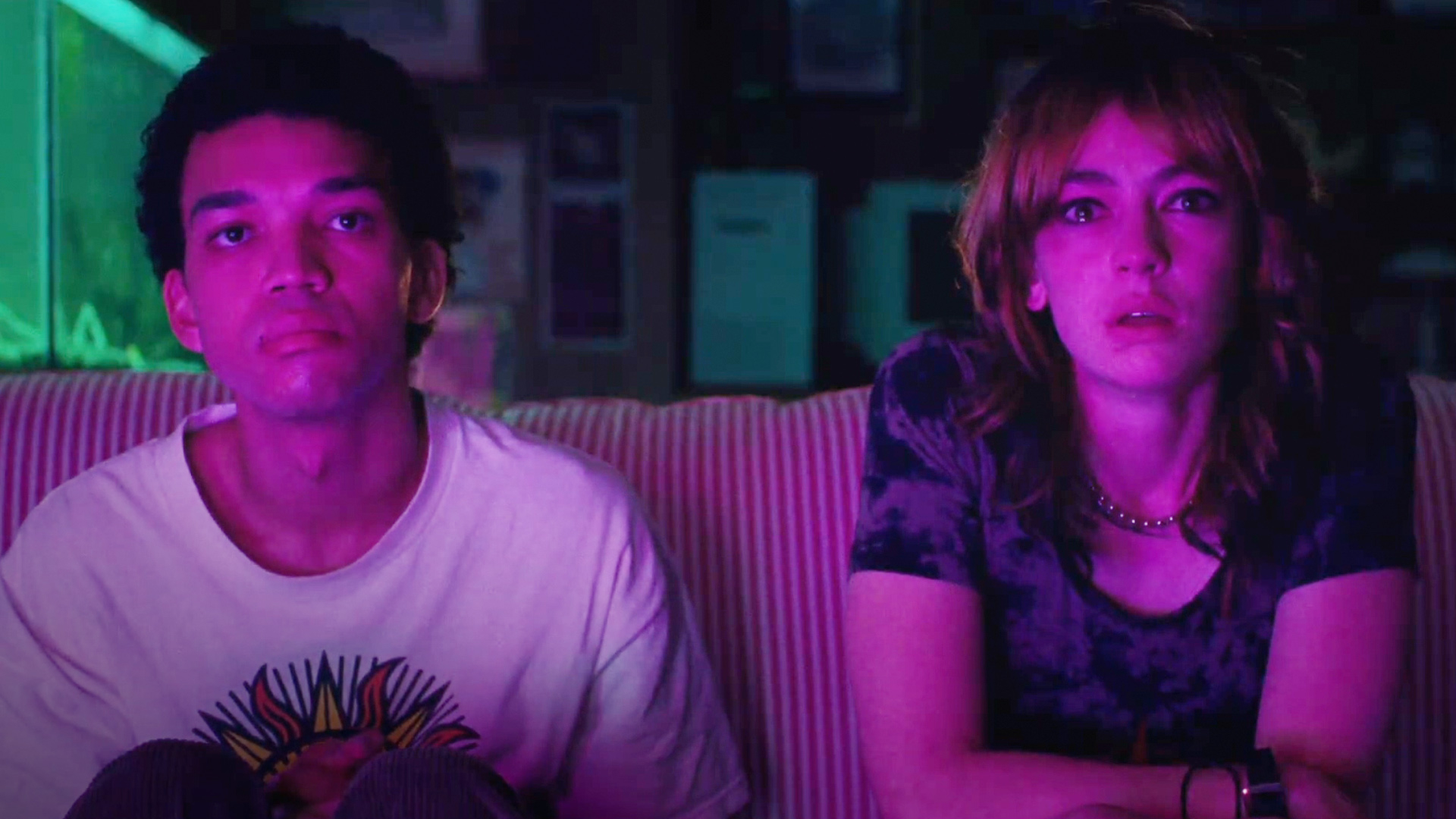I Saw the TV Glow—and Here’s What I Thought

The psychological horror film I Saw the TV Glow released this past weekend from director Jane Schroenbrun. Their previous work on their narrative debut film We’re All Going to the World’s Fair was absolutely groundbreaking, perfecting the medium of webcam storytelling onscreen and telling a story that uses the internet as a tool to elevate its already disturbing aspects rather than as a marketing gimmick. With a spectacular score provided by Alex G, the film resonated with many of its viewers as it portrays an accurate look into deep web culture and pressure like no film before. With as successful an experimental film as The World’s Fair, Schroenbrun was a great pick for A24 to take notice of and distribute their next film, as well as production work provided by Emma Stone’s production company, Fruit Tree. I Saw the TV Glow plays most of its shots fairly straight—no webcam shots here—but pushes them past their limits to highlight the heart of the film and amplify the uncanny and familiar feeling of a niche interest that goes so much deeper than it initially appears.
Online, there seems to be a divide between those who find the film overrated and confusing and those who think the message couldn’t be more obvious and reprimand those who think otherwise. Personally, I feel even on a shallower scale the film sends a well-mannered message about how humans can bond over even the most obscure things. When it comes to the fictional show, The Pink Opaque, Owen and Maddy (played by Justice Smith and Brigette Lundy-Paine respectively) find their whole lives forever changed by its very presence. Yet, despite its seemingly unending reach across their entire lives and irreversible mark on their mentalities, the two of them seem to be all they have in regards to thinking, talking, and acting on it. Having an obscure special interest like Owen and Maddy share in the film is portrayed in an incredibly real, mature way. It can feel like a lonesome, unique experience, whether you truly feel alone in your investment or if you have people willing to listen, but not to understand.
Of course, the deeper meaning of the film comes down to the exploration of self-identity, finding yourself and who you are, and how that correlates to your place in the world. The film makes it clear from the start how Maddy views the world as whatever someone makes of it, and wants Owen to feel the same. However, Owen is apprehensive about fully immersing himself into The Pink Opaque, feeling self-conscious about even dropping the show’s name in front of his parents as he knows they wouldn’t understand. With the film being through the eyes of Owen from start to finish, we even get a few glimpses of the life he would be living if he listened to Maddy fully, embracing who he truly is and how the show truly makes him feel. It’s a clear enough allegory for one’s own identity in regards to gender, sexuality, and personality that it hardly even feels allegorical at times. Just as The Pink Opaque feels realer than a show for Owen and Maddy, the viewing audience will be able to feel the genuine pain portrayed by the two in how they respond to the show’s storylines, and how no one else quite seems to understand. In my own opinion, that’s what really drives a great psychological horror home, when it feels as if the lines between cinema and reality are blurred together just enough to stick with its viewers far past the drive home from the theater.
I Saw the TV Glow is now playing in theaters nationwide.